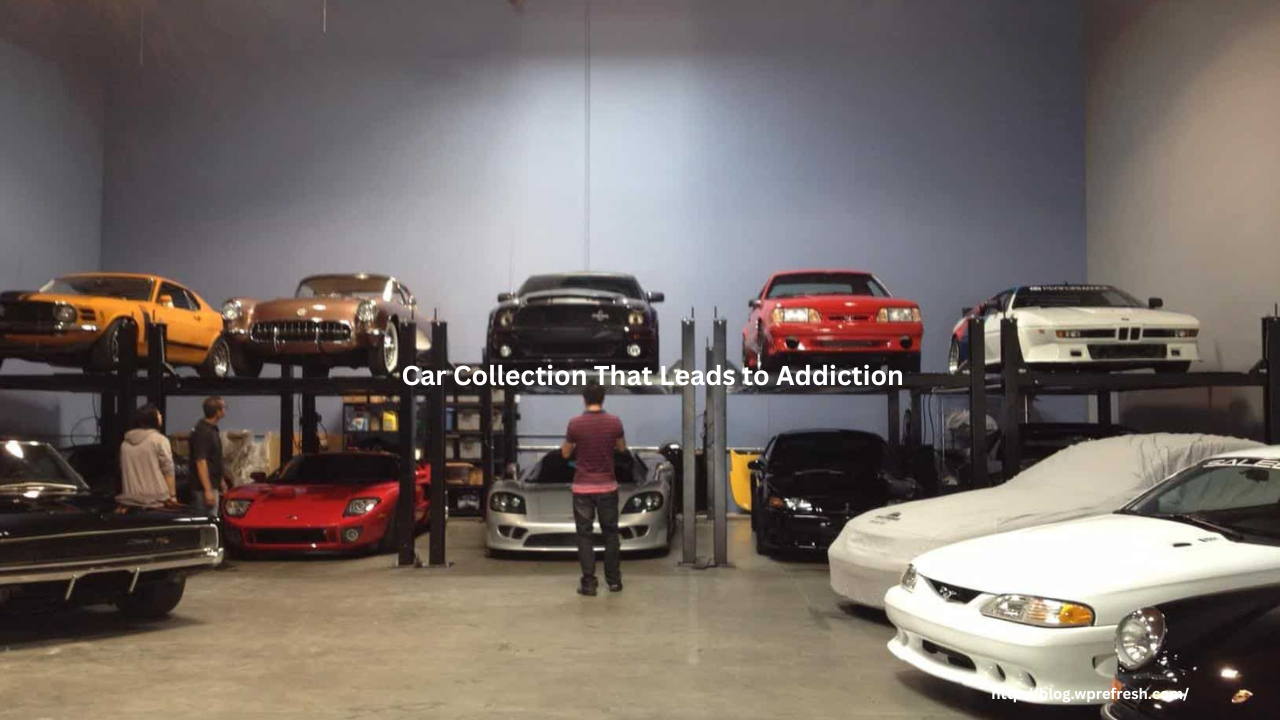For many car enthusiasts, the journey begins with a single vehicle—a dream car, a sentimental classic, or a high-performance machine that sparks excitement. Over time, the passion for automobiles grows, and one car turns into two, then three, and before long, an entire garage is filled with prized possessions. But when does this passion cross the line into an obsession? The evolution of a personal car collection can sometimes lead to an addiction, consuming time, finances, and even relationships.
The First Taste: The Gateway Car
Most car collectors start with a vehicle that holds special meaning. Perhaps it’s the classic muscle car they admired as a child, or a sleek sports car that symbolizes success. This first acquisition is often deeply personal, marking the beginning of a love affair with automobiles. The thrill of ownership and the joy of driving can be intoxicating, setting the stage for a growing desire to acquire more.
The Expansion Phase: Chasing the Next High
Once the first car is acquired, it’s rarely enough. Enthusiasts start researching, attending car shows, and networking with other collectors. The hunt for rare, vintage, or high-performance models becomes an ongoing pursuit. Each new addition brings a temporary rush of excitement and fulfillment, but soon the craving returns. The collection begins to expand rapidly, often outpacing practical considerations like storage space and budget.
Financial and Emotional Investment
As the collection grows, so does the financial burden. Cars require maintenance, insurance, and storage, not to mention the initial investment of purchasing them. Enthusiasts often justify the expenses, believing each car is an investment or a necessary addition to their collection. However, when financial responsibilities start taking a backseat to the pursuit of more vehicles, the line between passion and addiction begins to blur.
Emotionally, collectors become deeply attached to their cars. They develop relationships with them, treating them as more than just machines. Some even feel a compulsive need to continue acquiring vehicles to maintain a sense of fulfillment. This emotional dependency can create strain on personal relationships, as family and friends may struggle to understand the obsession.
The Breaking Point: When Passion Turns into Addiction
The tipping point often comes when the collection starts controlling the collector. When financial instability arises, relationships suffer, and life becomes centered solely around acquiring more vehicles, the passion has turned into an addiction. Some collectors find themselves in denial, unable to recognize the negative impact of their growing obsession.
Finding Balance: Enjoying the Collection Without Losing Control
The key to maintaining a healthy relationship with car collecting is balance. Setting limits on acquisitions, budgeting responsibly, and ensuring that the hobby does not interfere with personal well-being are crucial steps. Seeking support from family, financial advisors, or even therapy can help individuals regain control before their passion turns into an unhealthy addiction.
Ultimately, a car collection should bring joy and fulfillment, not financial ruin and emotional distress. Recognizing the warning signs early and maintaining a mindful approach can help enthusiasts continue enjoying their passion without letting it take over their lives.
